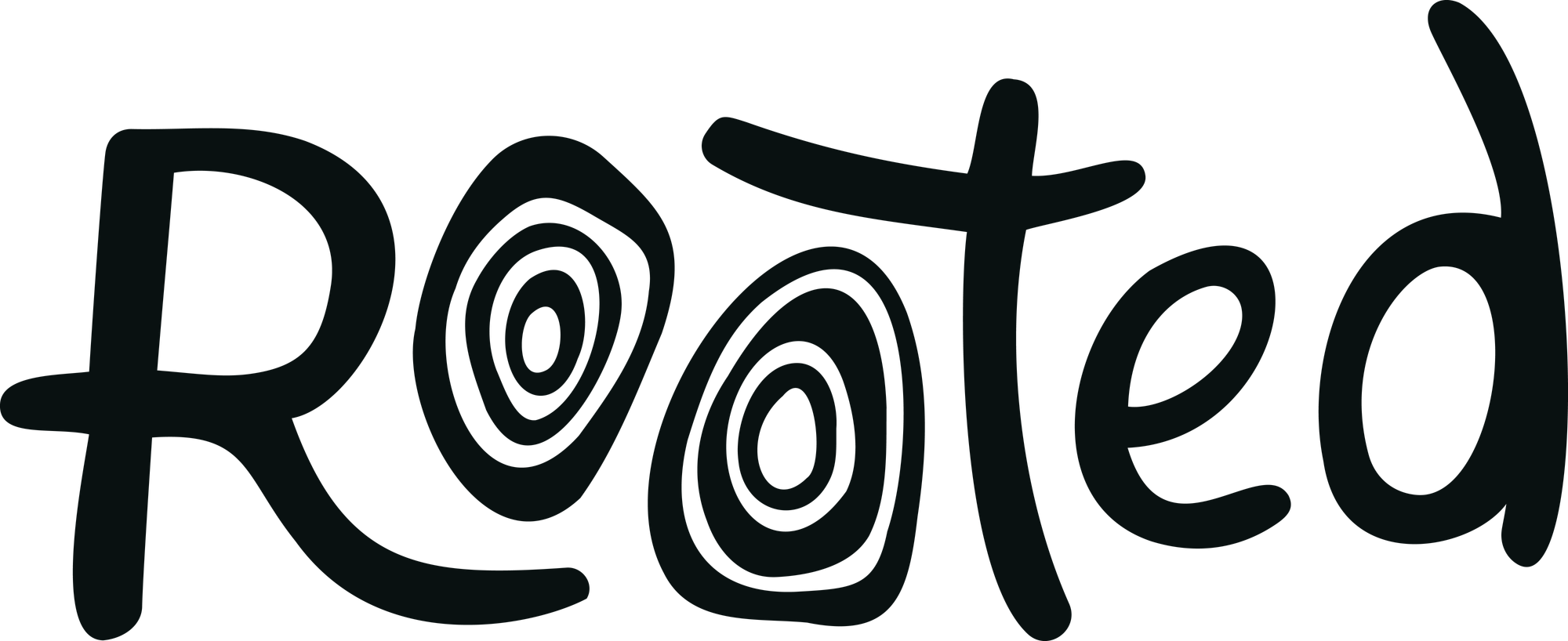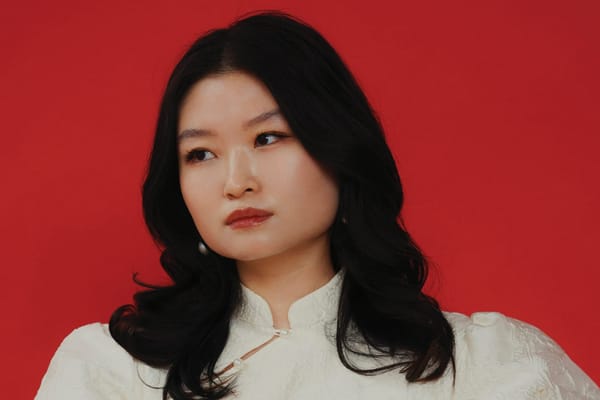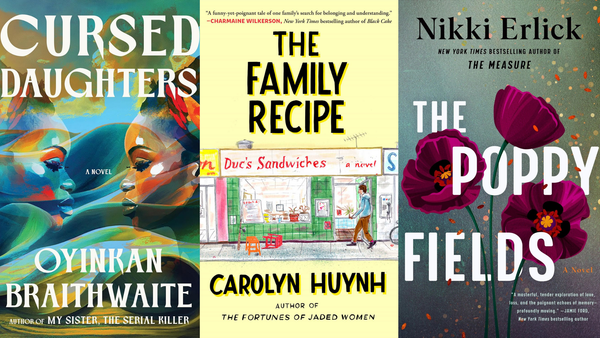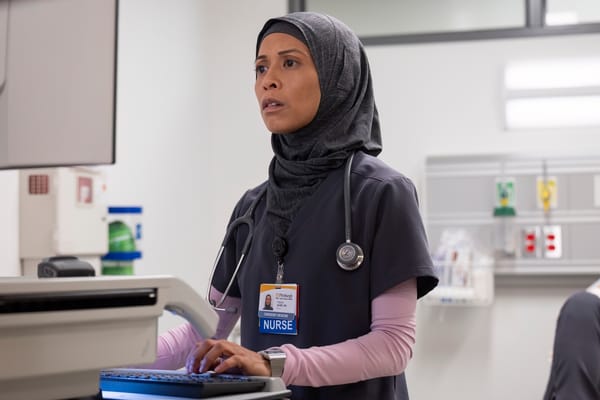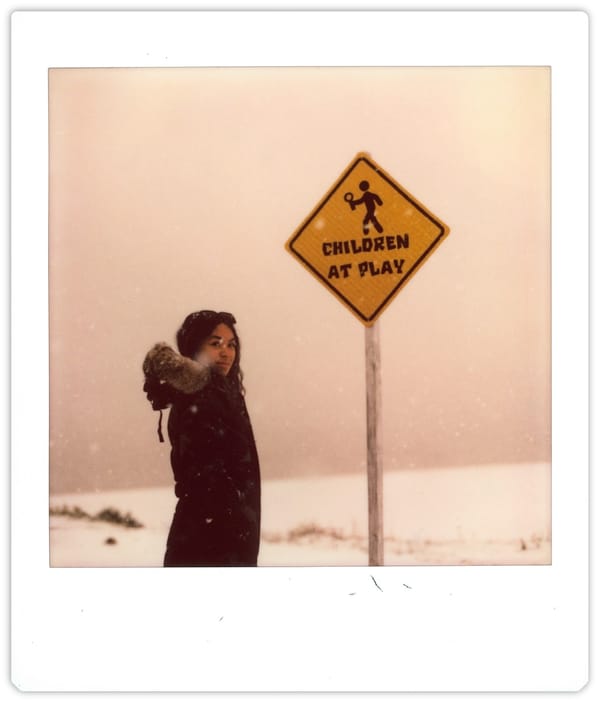Back to the beginning
In 2025, we're reclaiming joy.
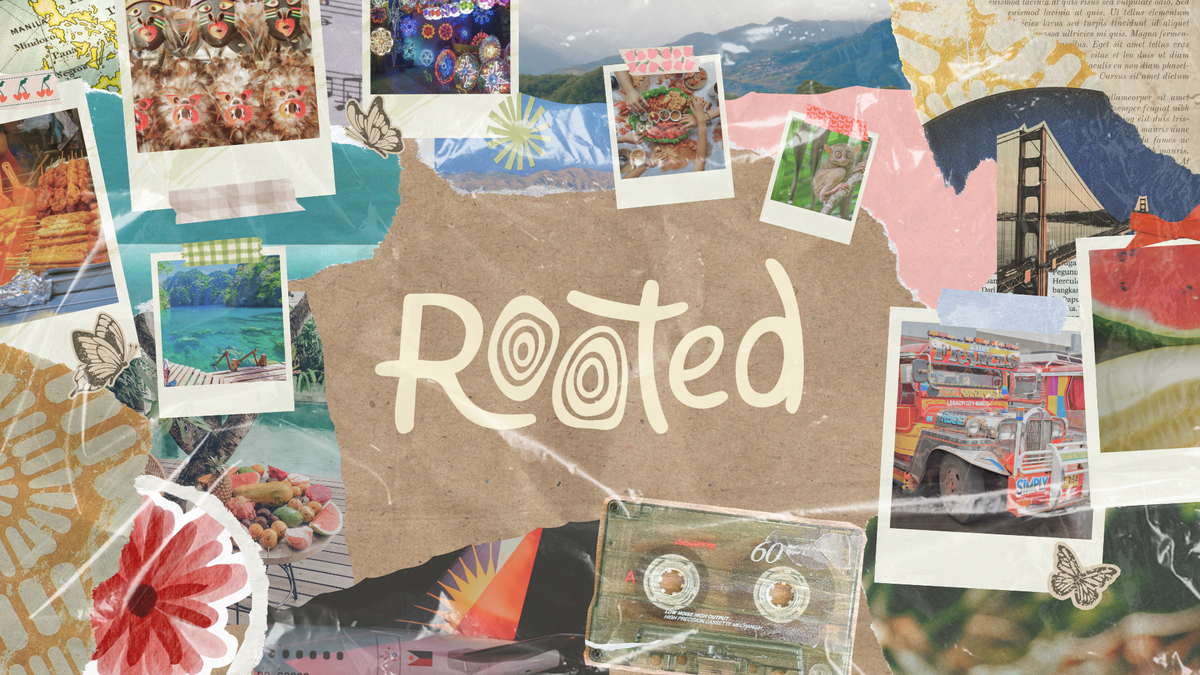
Over the years, I built websites, blogs, fan pages, Tumblrs, and social media profiles — primarily for fun. Eventually, I landed in journalism and worked mainly in the digital space — sharing essential news updates, producing livestreams for local television, and finding new and innovative ways to bring news to the masses. Even with some of the grimmest news topics (like a global pandemic), I still enjoyed myself. And I think I was pretty good at leveraging the digital space for news. (I have awards that say I was, but those don't matter much outside the journalism industry.)
But somewhere down the line, I lost that sense of fun, that joy. Social media and running websites became about being the first to break a story. Blogs and fan pages faded into memories, and the more time passed, the less joy I found in being online and, frankly, being a journalist.
Fast forward to 2020. I'm in graduate school at a time when journalism faces an overdue reckoning. The murder of George Floyd and the protest that followed, renewing the call for "Black Lives Matter," highlighted journalism's systemic problems with lack of diversity in newsrooms and journalists who could cover the issues at hand with care and authenticity.
People often reduce the lack of diversity in newsrooms to a "pipeline problem," and in some cases, that's true. However, historically marginalized people often lack the same flexibility or come from socioeconomic backgrounds that allow them to take unpaid or low-paying internships. Many of us, including myself, have responsibilities like supporting our families or paying rent that prevent us from following the traditional path. And we don't have many people to show us that careers in media are possible.
Enter: SPRHDRS.
SPRHDRS focused on stories of people from marginalized communities in media, arts, and entertainment, hoping to build a more inclusive storytelling landscape that genuinely represents the communities newsrooms and media organizations claim to serve. The idea was simple: if we see more of us working in media, maybe more of us will pursue careers as journalists, producers, documentarians, filmmakers, or in other creative fields.
I pitched this during graduate school and created media highlighting the stories of Princess Dazharaii Johnson, who was a creative producer for "Molly of Denali," the first Alaska Native children's cartoon, and Alice Qannik Glenn, a podcaster sharing the stories of urban and rural Alaska through an Indigenous lens. My professor and peers received the idea of SPRHDRS well, so much so that they encouraged me to continue. So I did, and I launched officially in April of 2023.
And now, at the beginning of 2025, we're relaunching as Rooted — a new name, building on the original premise and going back to why I started sharing stories online in the first place: joy.
Rooted is how I reclaim that joy and return to doing what I love: telling stories that matter. It's about building a place to uplift voices we need to hear because so much of society is put into context through what artists create. It's about reminding myself and others why we love being storytellers.
As Rooted embarks on this next chapter, I hope you get inspired to pursue a creative path, see yourself in spaces where you may be feeling overlooked, and, if you need to, I hope it helps you find joy again.
